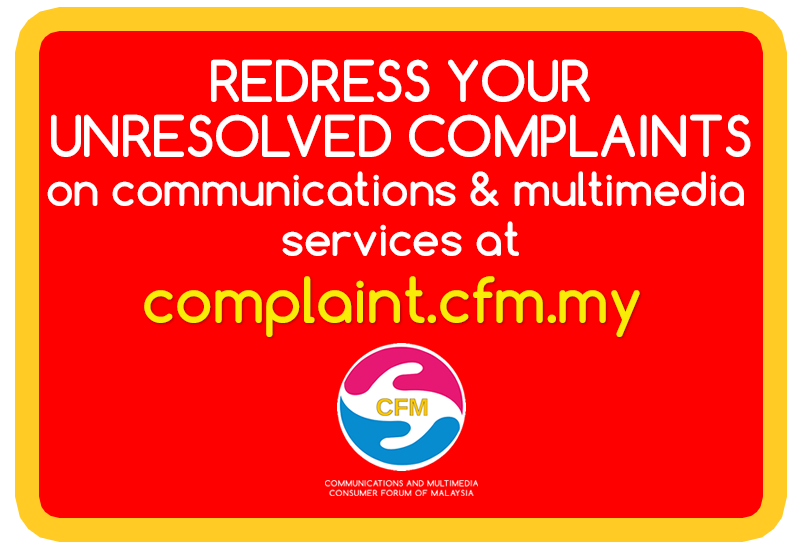
Fiber or copper? Which broadband Internet connection is right for you? The two most prevalent and popular options – fiber and copper internet – give you plenty to choose from.
Fiber-optic communication has revolutionized the telecommunications industry. Unlike traditional transmission methods that send signals through metallic-based systems, fiber optic is not electrical in nature. The transmission device generates a light signal, which the fiber cable carries to a receiver. The fiber optic thread is not an active source that generates electricity.
Fiber vs Copper:
| Parameter | Fiber | Copper |
| How data transmitted? | Fiber-optics carry pulses of light along flexible glass threads | Copper carries electrical pulses along its metal strands. |
| Signal transmission | Faster internet experience | Slower internet experience |
| Bandwidth | 60 Tbps and beyond | 10 Gbps |
| Distance | 12 Miles+ @ 10,000Mbps | 300 Ft. @ 1,000Mbps |
| Interference | Immune | Susceptible to EM/RFI interference, crosstalk, and voltage surges |
| Secure Communication? | Nearly impossible to tap | Susceptible to tapping |
| Energy Consumed | 2W per User | >10W per User |
| Save space? | Yes | No |
| Future-Proof | Yes | No |
| Best suited for: |
– Interconnecting equipment, in between buildings, and in between floors of a building – When you are building a network that requires long distances, high speeds, and/or heavy bandwidth connections. |
– smaller need applications, like desktops and appliances -Smaller networks, wiring closets, and lower-priority traffic all make for good copper applications |
| Lifespan | 30-50 Years | 5 Years |
How fast is fiber-optic Internet?

| Duration/ type of files | Approximate file size | 1,000 Mbps fiber connection | 100 Mbps cable connection | 25 Mbps DSL connection |
| 4-minute song | 4 MB | 0.03 sec. | 0.03 sec | 1 sec. |
| 9-hour audiobook | 110 MB | 0.9 sec. | 9 sec. | 36 sec. |
| 45-minute TV show | 200 MB | 1 sec. | 16 sec. | 1 min. 7 sec. |
| 2-hour movie | 1.5 GB | 12 sec. | 2 min. 8 sec. | 8 min. 35 sec. |
| 2-hour HD movie | 4.5 GB | 38 sec. | 6 min. 26 sec. | 25 min. 46 sec. |
So, which one should we choose? Fiber or Copper?
Answer: The right medium for your network really depends on needs. However, if you have significant bandwidth needs, investing in a robust, scalable infrastructure will pay for itself.
Fiber optic cabling allows for greater ROI via its faster speeds, increased durability, cleaner signaling, and smaller physical footprint.
Copper cable has its application and will help reduce the upfront cost. A combination approach, with an eye toward future growth, will suit you well.
Is fiber internet right for you? We say yes.
What Are The Other Considerations?
Is bandwidth important? Absolutely!
However, bandwidth isn’t the only consideration which should impact your decision about upgrading to fiber. Price, reliability, latency, and security are some other factors to keep in mind.
Fiber internet uses a newer technology, and therefore tends to be more reliable and faster. You may not need 1,000 Mbps download speeds, but even if you grab a 100 Mbps fiber internet plan, you’ll likely see fewer outages and overall faster speeds than you would with a 100 Mbps cable or DSL plan.
One other thing fiber internet offers that copper (cable) don’t is symmetrical download and upload speeds—meaning your upload speed is the same as your download speed.
So if you pay for a 300 Mbps fiber connection, your upload speed should also be 300 Mbps. (With copper (cable), upload speeds normally only rev up to an average of 10–15 Mbps.) Faster upload speeds are a huge boon to anyone who deals with large files or jumps into a lot of video calls.

Tips! Check reviews before you buy
“The best way to find out if those particular Service Provider (TELCO) is worth their salt is to see what real customers have to say and compare performance and pricing.”
#TheChoiceIsYours
#MakeTheRightChoice
#CFMmalaysia
#GetSmarterWithConsumer














